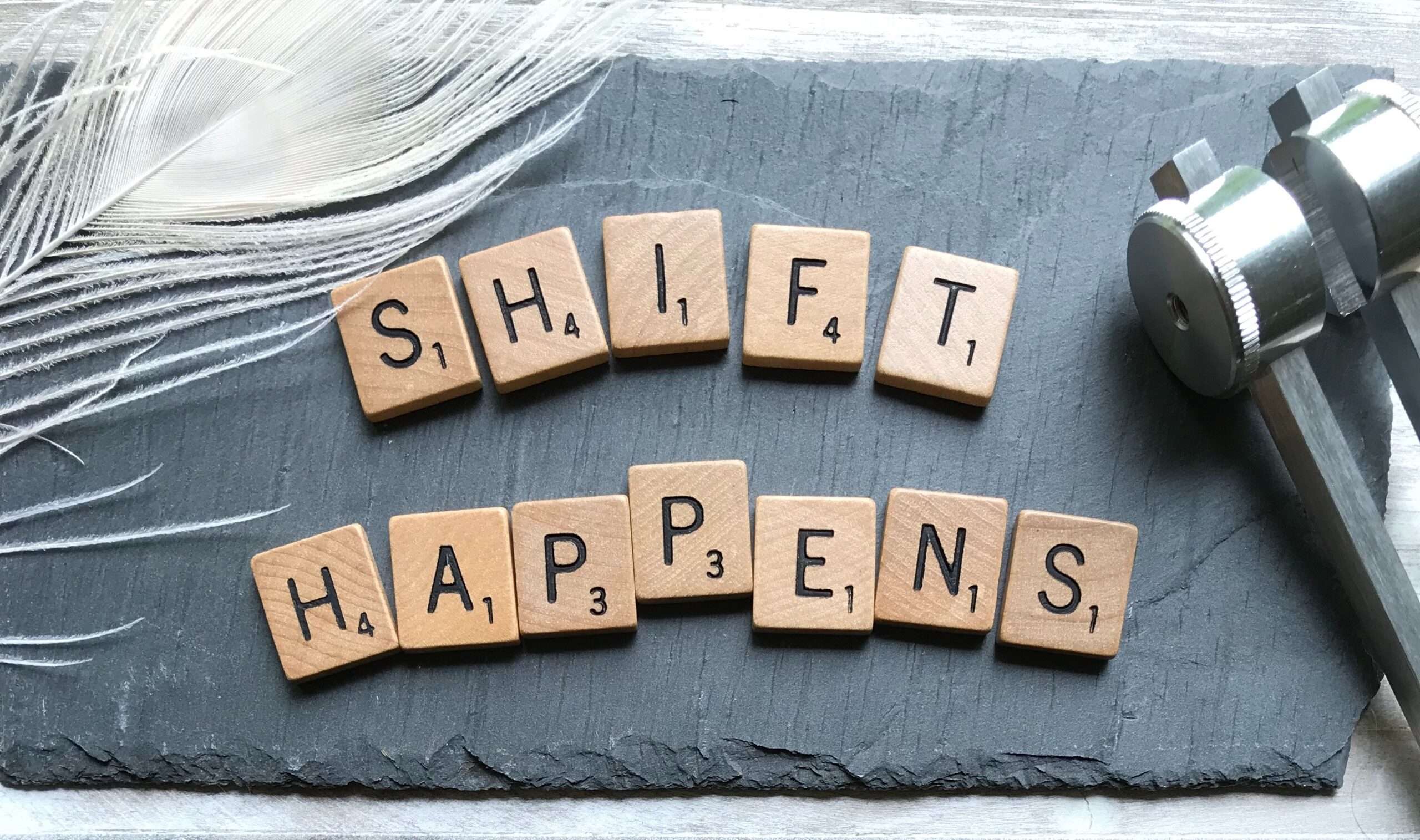Know that change you mean to make?
Like – you mean to eat better or exercise more? Be honest. How many times have you asked Google what to do? Only to think “Ugh, but I already know all this!”
Hey. Me too.
Truth is, when we want to make a change – personal or professional – our first instinct is generally to seek out knowledge. Information. Advice.
Yet it’s almost never a lack of knowledge that holds us back. We don’t not eat well because we don’t know what’s nutritious.There’s almost always something else holding us back.
And the same goes for leadership development.
An organization decides it wants to see a change. It wants its leaders communicating better; driving more engagement and innovation; prioritizing and coaching and delegating.
So it runs a program to teach these things. And participants consume information. And ultimately nothing substantive changes.
And here’s why.
Content matters. But content is table stakes.
Behavior only changes when we understand what obstructs it. And we remove those obstructions.
Leaders aren’t not coaching because they’ve never learned howl. They’re not coaching because they don’t have time. Or confidence. Or other challenges blocking their behavior change.
We’ve identified some key behavior-change blockers. And infused some “simple” messages and solutions into our SIMPLE Group Coaching program – and any cohort-based programs we deliver.
Like…
⛔️ Participants say “I can learn to prioritize but if the leaders above me aren’t prioritizing, how am I supposed to?”
✳️ Our solutions?
1. We encourage a “focus on the locus.” There are things you can’t control, and there are things you can. What CAN you do to help your teams find a bit more focus?
2. We deliver upward feedback to senior leadership – sharing themes that emerged that might provide insight into their own behavior
⛔️ Participants say “I tried delegating and I got burned. So I’m done.”
✳️ Our solutions?
1. We establish peer coaching circles – smaller groups that stay intact throughout the program that are designed to dissect each other’s challenges and offer coaching to their peers; ways they might try it differently next time.
2. We incorporate practice-sharing into our modules. Because everyone in a cohort isn’t just a learner – but also a teacher. Participants have experiences that others can learn from.
⛔️ Participants say “Thanks for the info. But I’m just here to get a job done.” They’re not engaged enough to care to change.
✳️ Our solutions?
1. We build trust, community, and a shared sense of purpose by modulating our programs and keeping a cohort together over several weeks. Sharing practices, coaching each other, being teachers to and learners with eachother – all drive engagement. Connection. To each other and the organization.
2. We involve senior leaders. We bring them in for panel discussions to demonstrate their sponsorship of the program while sharing insight. We feed them talking points – language we’ve been using with participants – so they can begin to incorporate it into their messaging and town halls.
What’s holding your organization back?
I hope there’s an insight in here for you. And if you wanna chat? Don’t be shy 🙂
